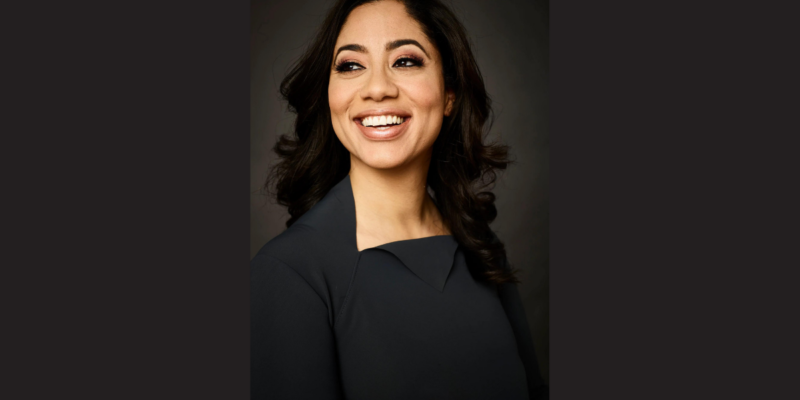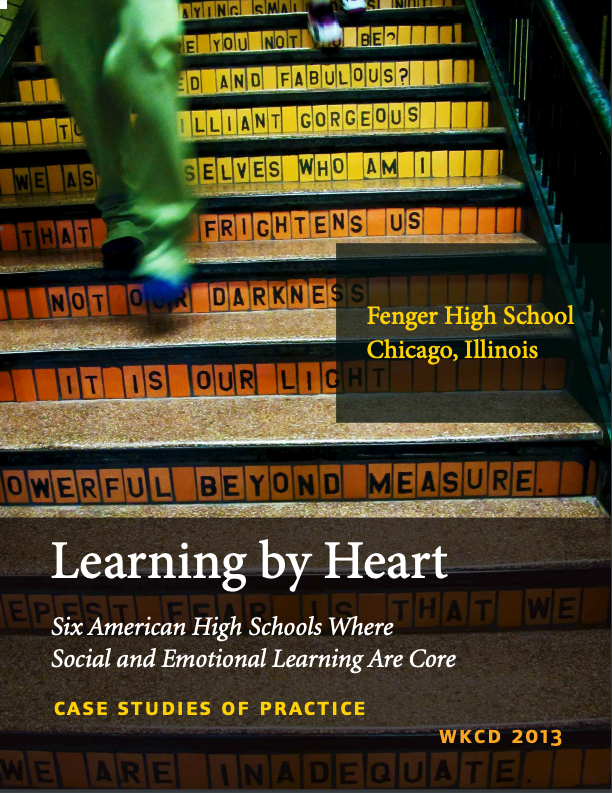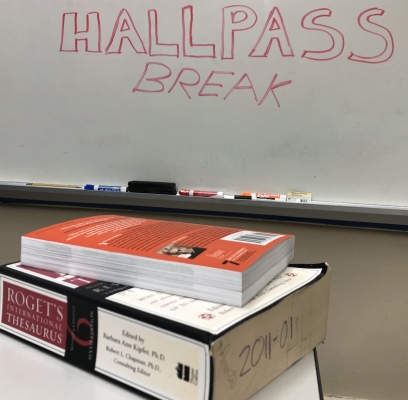From her leadership in education to transforming philanthropy and systems, Liz Dozier has spent her career working tirelessly to support communities by disrupting inequity.
In 2016, Liz founded and launched Chicago Beyond, a national philanthropic organization committed to addressing systemic inequity by backing solutions led by those closest to the issues. With an emphasis on catalytic funding, Chicago Beyond has invested over $100 million in initiatives across justice, health, and beyond. This transformative approach has not only empowered grassroots leaders and organizations but has also influenced national efforts for systems-level reform.
Under Liz’s leadership at Chicago Beyond, the organization has reimagined how philanthropy operates by centering human connection and collective abundance over traditional hierarchical models. Currently, Chicago Beyond focuses on innovative models in philanthropy and maternal health, Holistic Safety in corrections, and strategic initiatives across issue areas to reduce systemic inequities.
To further impact communities nationwide, Chicago Beyond has launched unique collaborations with major institutions such as the NBA Foundation, Clinton Global Initiative, MacArthur Foundation, Chicago Public Schools, JustLeadershipUSA, Birth Center Equity, the Office of Illinois Governor JB Pritzker, and more.
As part of Chicago Beyond’s Justice Initiatives, Liz’s team created the Chicago Beyond Holistic Safety Framework, which is designed to help reduce physical and emotional isolation for people working and confined within correctional walls. Chicago Beyond also created and published Why Am I Always Being Researched?, a guidebook that offers a more equitable way to conduct research and address the universal power dynamics that exist within the social impact space.
Liz’s transformative equity work began in 2008, when she was selected by Arne Duncan – CEO of Chicago Public Schools at the time, and later U.S. Secretary of Education – to participate in a bold strategy to improve Chicago’s lowest performing schools, known as the Turnaround Model. When Liz became the principal of Fenger High School, she was keenly aware of how traumatic events outside of the classroom were affecting her students. As such, she adopted restorative justice and mental health and wellness strategies, implemented grief counseling, and provided anger group therapy sessions for students. Under Liz’s leadership, Fenger was the first school in Chicago to institute CARE Teams to surround youth in crisis, and the entire staff at Fenger was trained in de-escalation and trauma-responsive approaches. Due to Liz’s new practices and leadership, the student dropout rate decreased from 19% to 2%, Freshman On-Track to graduate increased by 40%, and the attendance and graduation rates increased by double digits. During Liz’s tenure from 2009-2015, Fenger became one of the district leaders in restorative justice, social and emotional learning and academic interventions.
Liz’s work has been featured in Paul Tough’s New York Times Best Seller, How Children Succeed and Harvard Education Press’ Belonging and Becoming: The Power of Social Emotional Learning in High Schools. Ebony magazine named Liz one of its “Power 100” and CNN followed her work as a part of its eight episode docuseries, Chicagoland. Liz has been invited to speak about her work at numerous public and business institutions, including the John F. Kennedy School of Government at Harvard University, the Institute of Politics at the University of Chicago, Milken Institute, Aspen Ideas Festival, Association for Supervision and Curriculum Development, SXSW, and SXSW EDU. Liz also hosted the first-ever Obama Foundation Summit and the Kennedy Forum’s Fourth Annual Meeting on Mental Health Equity. A National Board-Certified Teacher in mathematics, Liz holds a bachelor’s degree in business as well as a master’s degree in educational leadership.




